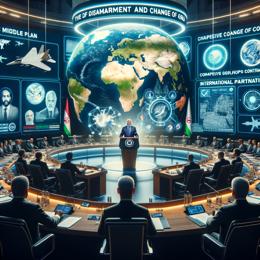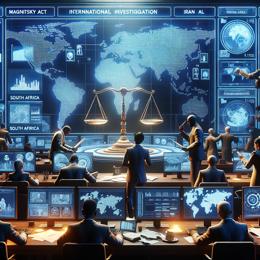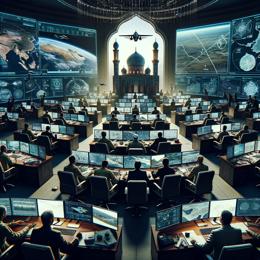Image created by AI
Elon Musk Slams Australian Government's Misinformation Law as Fascist Censorship
In a sharp rebuke of recent legislative action from Down Under, tech magnate Elon Musk has condemned the Australian government's proposed law to fine social media platforms for the proliferation of misinformation. Musk's fiery discourses tag the Australian government as "fascists," highlighting a potential crackdown on free speech.
At the heart of the controversy is a law proposed by the Australian Labor Party government that would penalize social media companies with fines amounting to 5% of their global annual revenue if they fail to curb the dissemination of content deemed false, misleading, or potentially harmful. Communications Minister Michelle Rowland stands firm on this, asserting the necessity of the law in the protection of Australians and the fabric of democracy itself. In contrast, critics, media outlets, and civil liberties organizations have voiced concerns, culminating in the scrapping of an earlier draft of the law.
Responding to the claims surrounding the legislation, Musk drew parallels between holding social media companies liable for user content and expecting carmakers to be responsible for crimes committed through their vehicles. The analogies strike at the core of ongoing global debates on the responsibilities of tech companies in moderating content and the potentially oppressive measures that might stifle free speech under the guise of curbing misinformation.
In the wake of Musk's comments, key Australian figures have challenged his stance. Government Services Minister Bill Shorten dismissed Musk's remarks as inconsistent, while Assistant Treasurer Stephen Jones emphasized the national sovereignty at stake and the extreme cases where regulation is undeniable – deepfake creation, child exploitation, and violence broadcasts.
Musk's criticism of the Australian government echoes his commitment to free speech, a principle he has frequently championed, particularly in the context of his own social media company, X. The case against Australia's eSafety commissioner, which saw Musk contesting the requirement to remove posts about a violent incident in Sydney, exemplified his seemingly steadfast dedication to free expression online. The legal tussle, however, ended with a judge's refusal to internationalize the censorship order, allowing X to maintain its stance on content availability.
This ongoing contention places Australia at the international forefront of grappling with the complexities of digital governance and the balance between combating misinformation and upholding civil liberties, a balancing act that will undoubtedly impact the global conversation around freedom of expression in the age of social media.










